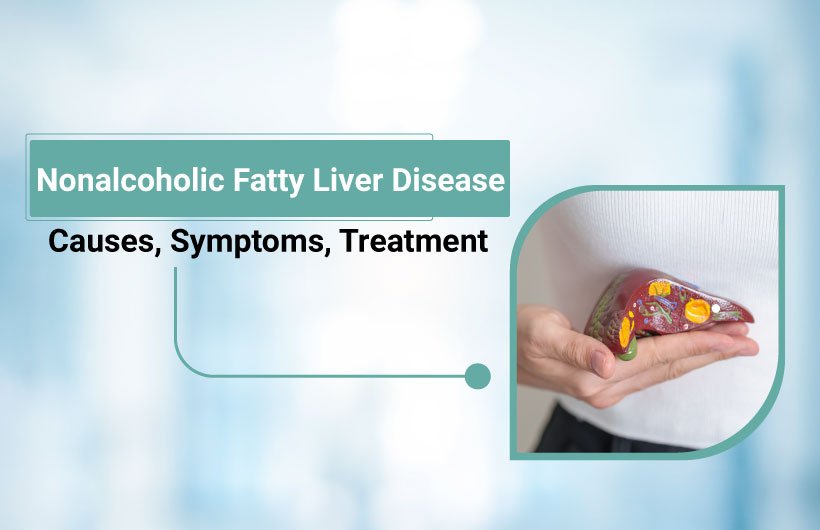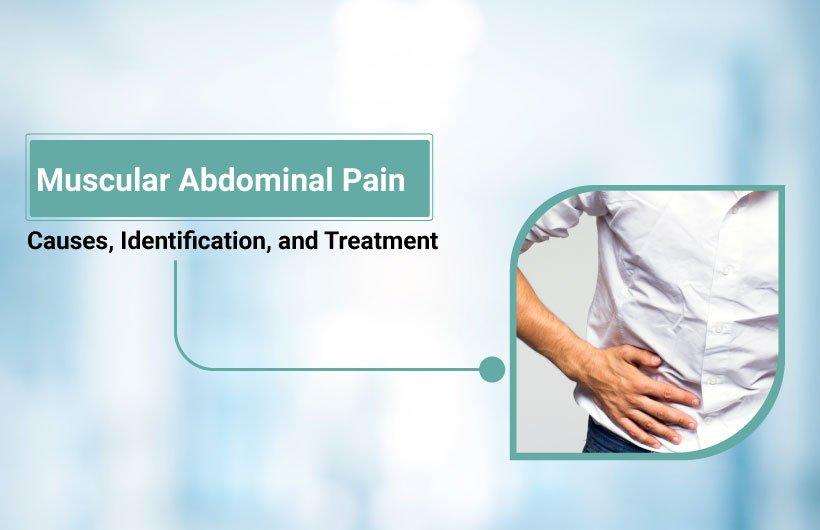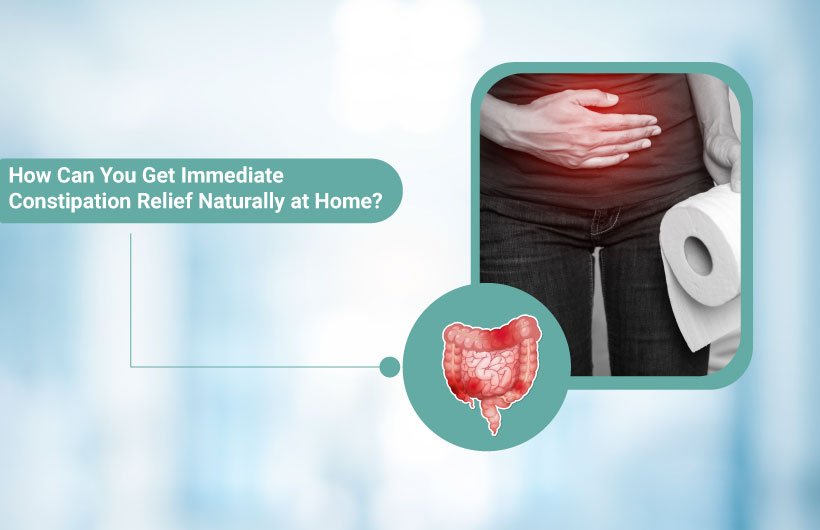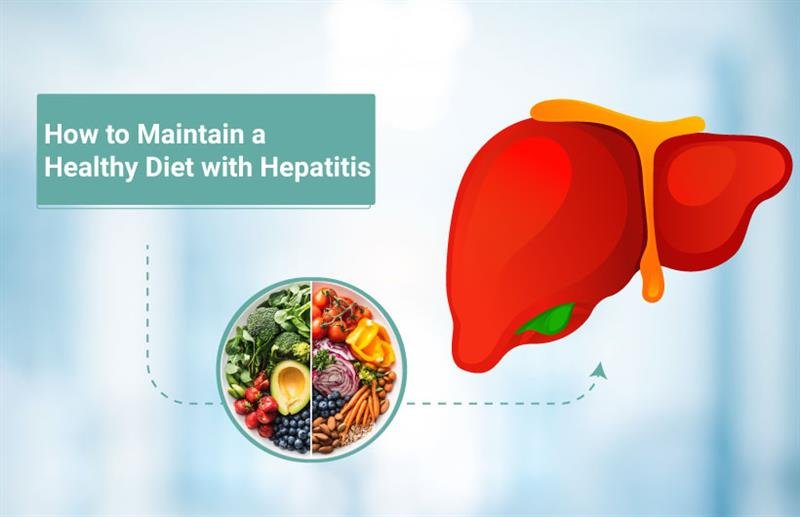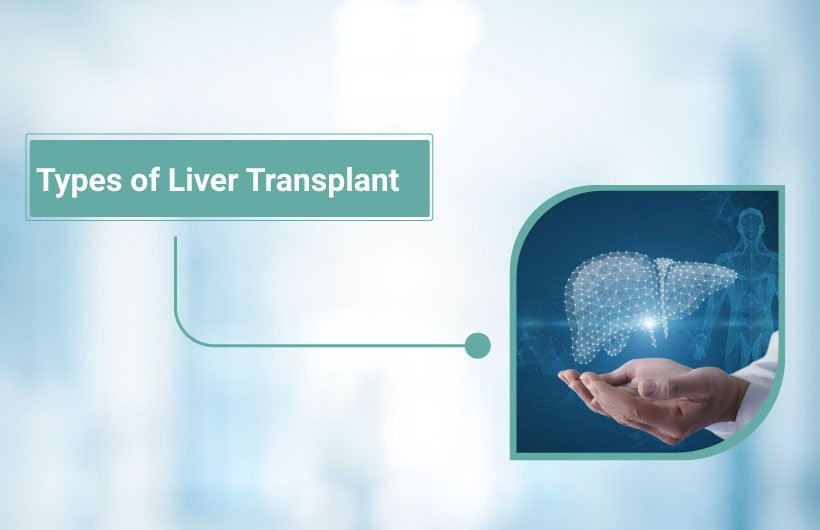The liver plays a crucial role in maintaining overall health by detoxifying harmful substances, producing essential proteins, and aiding digestion. However, various factors can lead to liver diseases, affecting its function and causing significant health problems. Recognizing the early warning signs is key to preventing severe complications. In this article, we will explore the causes, symptoms, treatment options, and prevention strategies for liver diseases to help you stay informed and take proactive measures for your liver health.
What is Liver Disease?
Liver disease refers to any condition that affects the structure or function of the liver. It can range from mild inflammation to severe conditions like liver cirrhosis and liver failure. Liver diseases may be acute (short-term) or chronic (long-term) and can result from infections, genetic disorders, lifestyle factors, or underlying medical conditions. Since the liver is responsible for over 500 essential functions, any damage can severely impact overall health.
Causes of Liver Disease
Liver diseases can arise from various factors, including lifestyle choices, infections, genetic predisposition, and autoimmune conditions. Below are the most common causes:
- Alcohol Consumption: Excessive alcohol intake over time can lead to alcoholic liver disease, causing fatty liver, hepatitis, and cirrhosis. Chronic alcohol use damages liver cells, leading to scarring (fibrosis), which can progress to liver failure.
- Viral Infections (Hepatitis): Viruses such as Hepatitis A, B, and C cause liver inflammation and damage. While Hepatitis A is usually temporary, chronic Hepatitis B and C can lead to cirrhosis or liver cancer if left untreated.
- Non-Alcoholic Fatty Liver Disease (NAFLD): NAFLD occurs when excess fat accumulates in the liver due to obesity, diabetes, or metabolic syndrome. It can lead to inflammation (steatohepatitis), increasing the risk of liver fibrosis and cirrhosis.
- Genetic Disorders: Certain inherited conditions such as Hemochromatosis (excess iron buildup) and Wilson’s disease (copper accumulation) affect liver function, leading to severe organ damage over time.
- Medications and Toxins: Overuse of pain relievers like acetaminophen, antibiotics, and exposure to harmful chemicals or toxins can cause drug-induced liver injury, leading to acute liver failure.
- Autoimmune Diseases: Autoimmune conditions such as autoimmune hepatitis, primary biliary cholangitis (PBC), and primary sclerosing cholangitis (PSC) cause the immune system to attack liver cells, leading to inflammation and scarring.
- Liver Cancer: Hepatocellular carcinoma (HCC) is a common form of liver cancer that develops due to chronic liver diseases, hepatitis infections, or excessive alcohol consumption.
Common Symptoms of Liver Diseases
Recognizing the symptoms of liver disease can help in early diagnosis and prompt medical intervention. The most common signs include:
- Jaundice (Yellowing of the Skin or Eyes): A buildup of bilirubin in the blood leads to yellow discolouration of the skin and eyes, indicating liver dysfunction.
- Abdominal Pain and Swelling: Liver inflammation or fluid buildup in the abdomen (ascites) can cause discomfort and bloating.
- Fatigue and Weakness: Persistent tiredness and weakness may signal liver disease, as the liver plays a role in energy metabolism.
- Nausea and Vomiting: Liver dysfunction can lead to digestive issues, including persistent nausea and vomiting.
- Dark Urine: Dark-colored urine may indicate excess bilirubin in the bloodstream, a sign of liver disease.
- Pale or Clay-Colored Stools: A lack of bile production can result in pale or clay-coloured stools, signalling potential liver issues.
- Itchy Skin: Bile salt buildup in the skin due to liver dysfunction can cause persistent itching.
- Loss of Appetite: Liver disease often leads to a reduced appetite and unintended weight loss.
- Easy Bruising or Bleeding: A damaged liver produces fewer clotting proteins, making the body prone to bruising and bleeding.
- Confusion or Mental Fog: Hepatic encephalopathy, caused by liver dysfunction, can result in confusion, difficulty concentrating, and personality changes.
Treatment of Liver Diseases
Treatment for liver diseases depends on the underlying cause and severity. Some common approaches include:
1. Lifestyle Changes
- Reducing alcohol intake.
- Maintaining a healthy weight.
- Following a balanced diet rich in antioxidants.
- Regular physical activity.
2. Medications
- Antiviral drugs for hepatitis infections.
- Medications to reduce liver inflammation.
- Supplements to support liver health.
3. Liver Transplant
- A liver transplant may be necessary for individuals with end-stage liver disease or severe liver failure.
4. Surgical Procedures
- Removal of liver tumors.
- Treatment for bile duct obstructions.
5. Supportive Care
- Managing complications like ascites and hepatic encephalopathy.
- Nutritional support for liver patients.
Prevention of Liver Diseases
- Limit alcohol consumption to reduce liver stress.
- Get vaccinated against hepatitis A and B.
- Practice safe hygiene to prevent infections.
- Maintain a healthy diet rich in fruits, vegetables, and lean proteins.
- Avoid excessive medication use.
- Undergo regular liver screenings if at high risk.
When to See a Doctor
If you experience persistent symptoms such as jaundice, unexplained fatigue, severe abdominal pain, or unusual bruising, consult a healthcare provider promptly. Early diagnosis and treatment can prevent complications and improve long-term liver health.
Conclusion
Liver diseases can have serious consequences if left untreated. Understanding their causes, symptoms, and treatment options can help in early detection and effective management. By making healthy lifestyle choices and seeking medical advice when needed, you can protect your liver health and overall well-being.
If you or a loved one are experiencing symptoms of liver disease, don’t ignore them. Consult Dr Varun Bajaj, a trusted expert in liver health, for a comprehensive evaluation and personalized treatment plan. For those in need of specialized surgical care, a skilled gastro surgeon in Ahmedabad can provide advanced treatment options. Taking proactive steps today can safeguard your health for the future.


